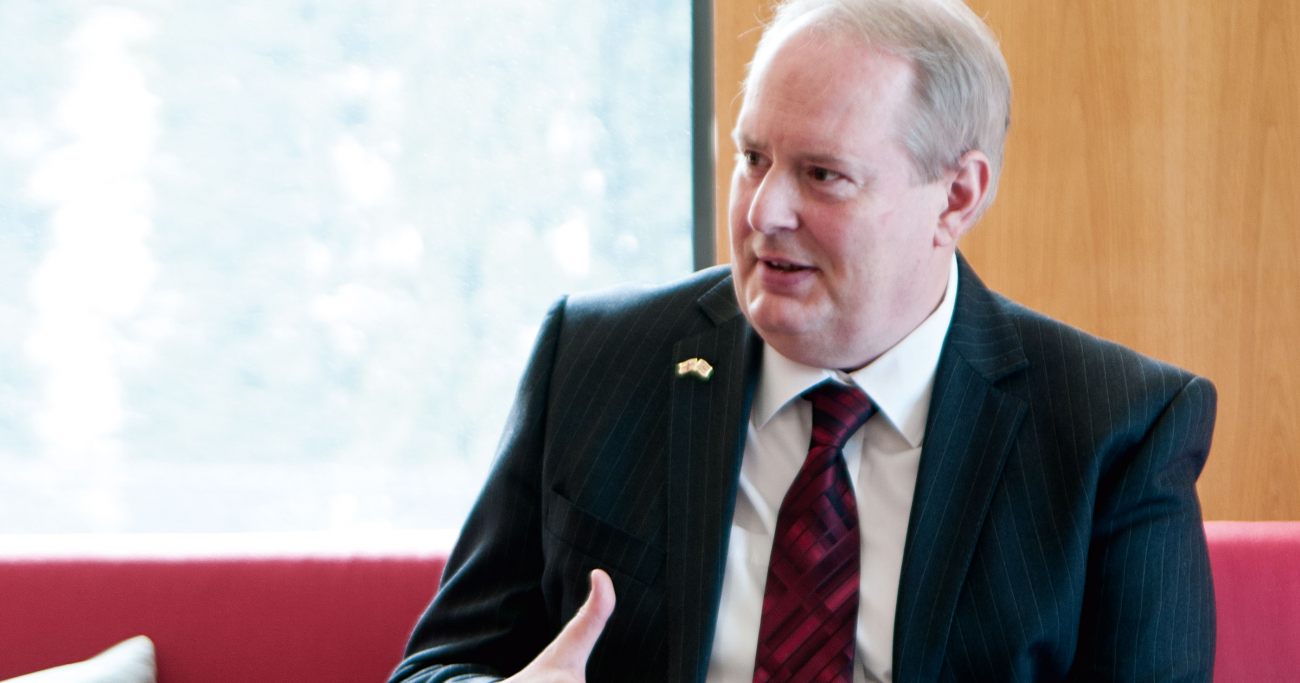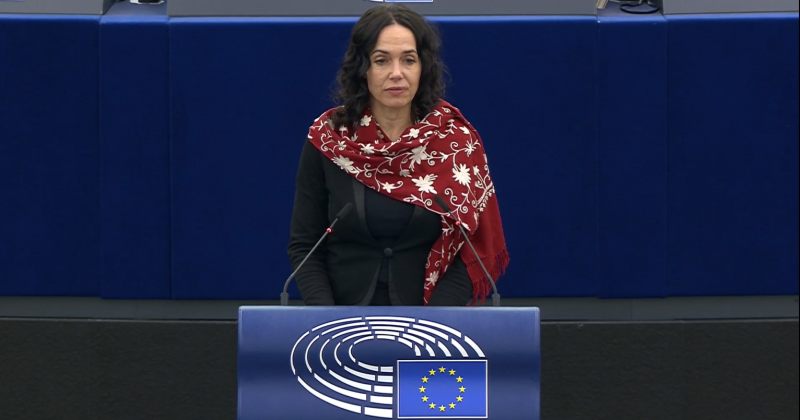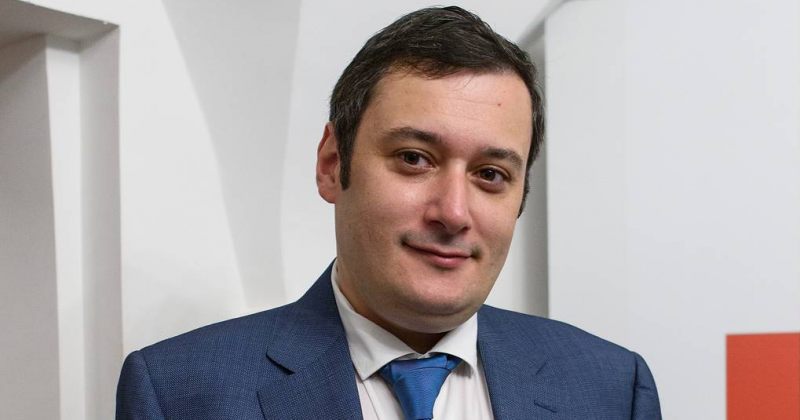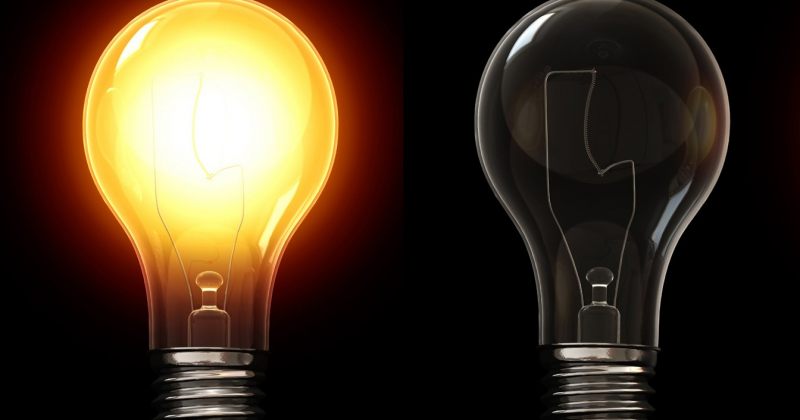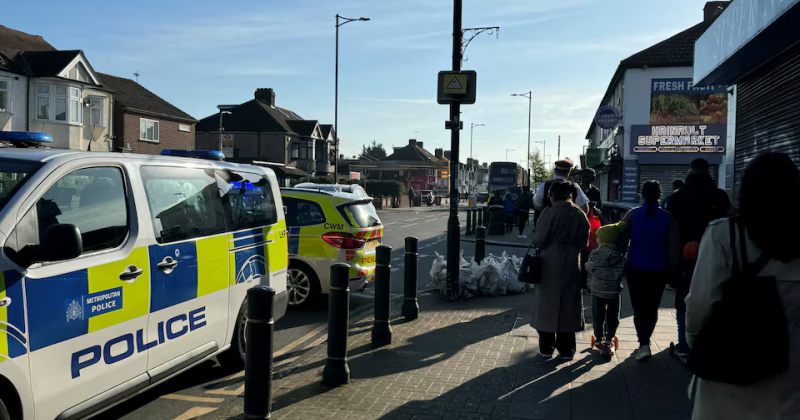Ambassador David Moran arrived as the British chargé d'affaires to Georgia in January 2013 to bridge the gap before the arrival of the new Ambassador to Georgia, Alexandra Hall Hall. In an interview with Tabula magazine Mr. David Moran spoke about UK-Georgia relations, shared his impressions about the current situation in Georgia and gave his opinions about important international issues.
You've already spent several months here. How can you describe the state of the Georgia-UK relationship? Where does it now stand?
I'm happy to say that the bilateral relationship is really good. Of all my postings I think that Georgia stands out as a place where, culturally, there is great access for diplomats and also for ministers and contacts generally. But there is particular interest in British and Georgian contacts and exchanges. So, before I arrived, David Lidington, who is my minister, came out here in November. We've had visits from some top diplomats – Simon Fraser was out here in March and Lord Wallace, who is another foreign office minister, was here last month. On top of that, there was a constant flow of visitors last month – British senior officials at a rate of one a week. Of course the traffic in the other direction is constant as well.
Our cultural relationships are very healthy. The British Council is extremely active out here and has a major education and arts program. Another dimension of our relationship is about trade... that's something I think we can and should do much more of. It's quite a low level of trade turnover. I think Georgian exports to Britain were only around £20 million last year.
The October parliamentary elections were supposed to be a kind of a benchmark for Georgia's integration into Euro-Atlantic institutions. With the elections being evaluated by international observers as free and fair, and after the democratic transition of power, what are the chances of Georgia getting a MAP in the 2014 summit, which, according to former US Secretary of State Clinton, is supposed to be an enlargement summit? What's your take on that?
My take is to agree with you that there are a number of very positive steps that came out of the elections, most importantly, the peaceful democratic transfer of power; which, for somebody who has worked in this region for a very long time, is very encouraging and very positive.
There is a list of other areas where there has been green shoots of political collaboration in parliament – if you look at the cross party collaboration on things like foreign policy orientation, the work on measures to promote judicial reform and an independent media. If those things can fully be brought to completion, that's a legacy which will stand Georgia in very good stead. The 2014 summit is some way off. There are a couple of occasions – notably the presidential elections – where Georgia will have another chance to show that it has built on the foundation set by this transfer of power. Ultimately Georgia's track record is in the hands of the Georgian people and the government.
We have been friends and supporters of Georgia's Euro-Atlantic aspirations for a long time, I mean not just supporters in the sense that we are in favor, but actually working with Georgia in different fields to help with your democratic development. So we regard ourselves somewhat as partners in this endeavor.
Talking about alliances and international organizations, the EU is going through a certain amount of enlargement fatigue. What do you think the prospects of EU enlargement? When may it happen?
The next enlargement is very soon indeed, with Croatia joining. So the process continues. Britain has a very special attitude towards this. Traditionally we've been great fans of enlargement for all sorts of reasons – for both the benefits it brings to the European Union and to the new entrants, both when they are preparing for membership and once they are in. It's a process that will and certainly should continue.
The other thing I would add to that is that we should not forget the benefits that can occur with a closer relationship with the EU though the range of different offers that are on the table of aspirant countries.
Do you mean the association agreement?
And the free trade agreement, there is also the whole visa liberalization discussion. Now, all of these dossiers are quite large and require careful cooperation and will take time, but in terms of the first two – Georgia has come a long way and is further along than some other countries. Once some of these strands of European cooperation are pursued, there will be some real and lasting benefits.
Talking about the EU, let me recall Margaret Thatcher who has just died. She totally transformed the economy. She did very controversial things, things the European Union would never approve of. Sometimes she was not very diplomatic. She drew a very strict line on what's good and what's bad. She was always saying that she was on the side of the free world. Now with the violation of human rights in Putin's Russia, Putin's sentiments about the collapse of the Soviet Union, that it was the biggest geopolitical tragedy of the twentieth century, what is Britain's take on Putin's Russia? How should the international community make Putin understand that the former Soviet satellites are independent? Does the international community do enough or should more be done?
England has been dealing with Russia for a long time and these relationships go back a long way. We have managed bilateral relations over a lot of years well. There have been highs and there have been lows, but the work continues. Actually, the bilateral relations between Russia and Britain are better off now than they have been for some years and that's partly because of recognizing the other side's interests, but also putting down markers of our own. For example, trade relationships are very good right now.
Britain's policy is very ambitious in supporting the independent countries of post-Soviet space. We work closely with them and we have a very positive relationship with Georgia in terms of supporting territorial integrity. It is a process that is ongoing, I think one has to engage – and that that means diplomats meeting and talking – one has to find common ground.
There is no problem with red lines, every country has them. But my diplomatic philosophy and experience tells me that there is more common ground than one might think and, in the end, it is possible to reconcile some of the tension in bilateral relations and broader international relations by establishing principles and promoting dialogue.
Talking about red lines, some say that Syria has crossed all kinds of red lines. Has the issue of Syria been handled properly by those, like the US and the UK, who have an influence on world politics? Were there enough efforts to avoid the tragedy and the massacre of Syrian people?
I think we have to say that Britain, America and others have done a great deal to bring the reality of the Syria crisis to the world's attention and they have sustained this focus over the past couple of years. We are talking about 70,000 people killed and nearly seven million in need, this is a major humanitarian crisis and Britain has spent well over £100 million on humanitarian relief, plus all the political and diplomatic pressure. I don't think it is a question of insufficient tension or pressure from the alliance. The international alliance, including the UN, has been very clear from the start. The point is that we are dealing with a very serious and important crisis. I think it is a crisis with implications for regional peace and security. And Syria's neighbors, and even countries beyond the region, have an important role to play to try and persuade the Syrian government to reach a diplomatic and peaceful solution, which involves transition.
The US-UK relation has always been special. After President Obama came to power, some started to doubt how special those relations really are, especially after Churchill's statue was taken out of the White House. What is your take on that, are they as strong as they were or are they fading?
No, I don't think they are fading at all. One of the things about the UK-US relationship is that the links have been intense and institutionally strong for a long time. And we work extremely closely together in all sorts of areas, including security and defense, going back to the issue of Syria's possible use of chemical weapons. It is a partnership that is extraordinarily broad and deep. I haven't for a single moment thought about it fading in any way.
As the chargé d'affaires you are going to be replaced and it would be interesting to have some information about the future UK ambassador to Georgia.
She is hugely experienced diplomat who is very excited about coming to Georgia. She is learning Georgian at the moment and is looking forward to coming here in the second half of July. She has worked in Washington, in Bogotá and also in Bangkok, where she learned Thai. Her CV is impressive.
I know her, I've worked with her. She is going to really enjoy living and working in Georgia. Alexandra Hall Hall is her name. She'll be third female British ambassador since Georgia's independence.

